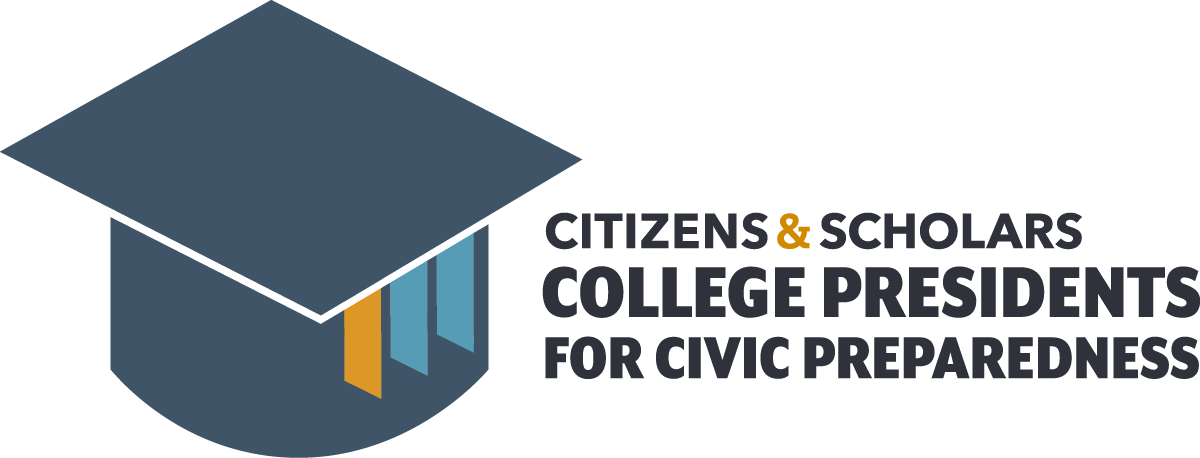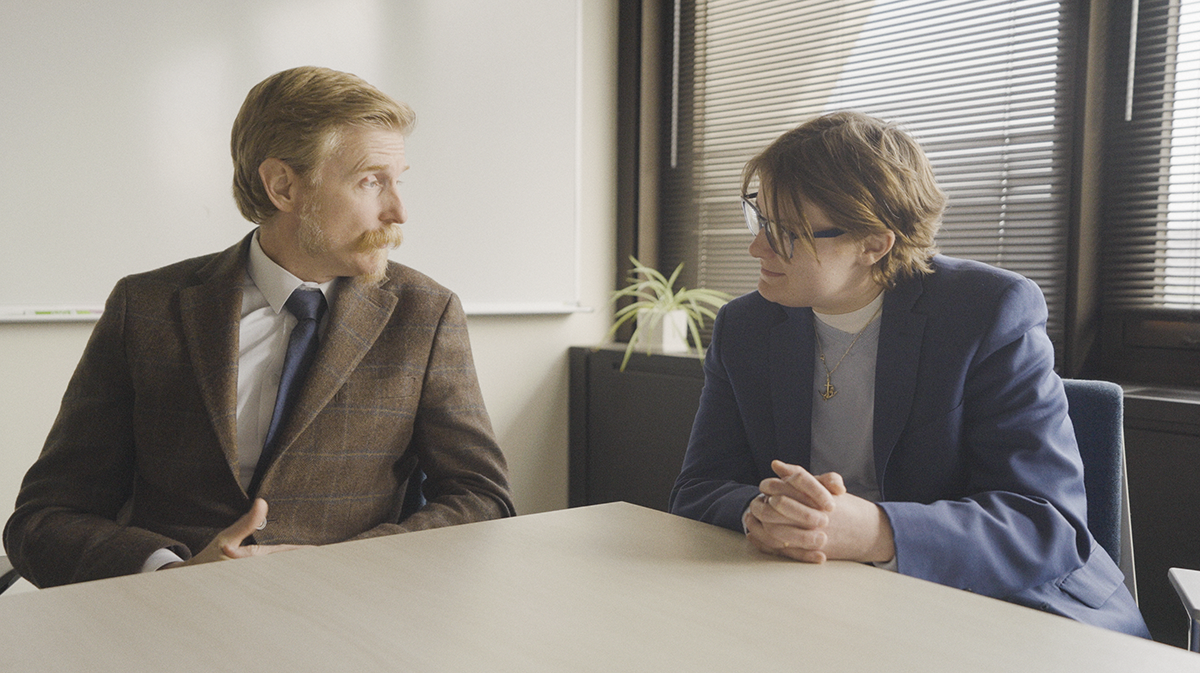Josie Rush is a Teaching consultant at University of Pittsburgh Center for Teaching and Learning.
Joel Brady is the manager for the Center for Mentoring, and a part-time faculty member in the Department of Religious Studies.
Civil discourse can mean many different things to different people. How do you define it?
Josie Rush: When I think of civil discourse, I think of people coming together to discuss and sometimes try to mitigate or solve social or cultural ills. It’s building on each other’s understanding to come to a new understanding, even if they don’t agree with each other.
Joel Brady: Civil discourse is primarily about civic engagement. I think of civil and civic as relatively synonymous, although some distinctions exist. Folks often conflate civil discourse and civility, which I frequently try to distinguish. It is frequently about people coming together to have discussions across difference and to do so with the idea of participating in a broader society. It doesn’t have to be civil in the sense of civility or politeness; It can be rather heated and still be productive. It’s geared toward a particular aim, which is finding some way to live together and find solutions for doing that.
Why do you do this work and who do you do it for?
Josie Rush: I do this work for the students. One of the things that draws me to this work is how pertinent it is to life outside of the classroom. I don’t have to spend a lot of time persuading my students that they will be talking to other people when they graduate. They also know how discordant conversations can be outside of the classroom. So, often, students feel motivated. I help them overcome the false assumption that they must be completely comfortable to have hard conversations. It’s exciting to see faculty and students learning that they might not be comfortable in these spaces, but they can still be confident. We work with many faculty members, and it’s really important that when the university asks them to do something, they support them in doing it. I’m very excited to be a part of Pitt’s efforts.
Joel Brady: We do the work we do for faculty and students because we live in highly polarized times. I think that productive dialogue is a bit of a lost art. A lot of what we see in terms of what passes for public discourse now is polarization, demonization, and vilification. A lot of folks are not listening to or hearing one another. I see a lack of empathy and good faith in considering where people are coming from, which gets amplified in the echo chamber environment of social media.
What does the term bridge building mean to you?
Josie Rush: Whether we’re students or not, people sometimes assume where there’s disagreement, there’s conflict. Then, they think that’s the end of this encounter and this process. However, bridge building through practicing discourse and dialogue and having difficult conversations is about finding connection nonetheless. When we cultivate a greater understanding of other positions, we can develop a more realistic solution to problems or at least a better approach to what’s happening in the world.
Joel Brady: It’s much easier and quicker to destroy relationships than to construct and foster productive relationships. And that hard work involves getting people into a room with one another and having some sense of investment. You have to think about motivation–are students motivated to communicate across difference? And that means finding mutual, common interests. It may mean tackling assumptions that they may have, including maybe misplaced assumptions about their interlocutors. It means articulating common goals, whether those are very high-minded goals for humanity, society or possibly more localized goals.
Students experience real trauma from failed attempts at dialogue. Educational research on motivation shows that the more experiences people have of failure, of putting forth an effort, the less motivated they are. So you have to create small opportunities for success where they can see that, if I put a little bit of effort into this communication, I might actually get somewhere. And maybe I won’t get burned like I thought I might and end up somewhere productive.
Will you tell us a bit about your work at the Center for Teaching and Learning around curriculum design and building faculty capacity?
Josie Rush: Much of our work at the center is around faculty development, so helping faculty cultivate professional skills with resources like workshops and trainings. We have a Teaching in a Time of Conflict workshop, dialogic pedagogy workshops, and all-day trainings that help faculty develop discourse and dialogue activities they can use in their classroom. One of the recurring things at the heart of many trainings is this idea that we don’t just toss people in a room and say, ‘All right, have dialogue.’ We have to build those skills, we have to build confidence, and we have to develop knowledge for those conversations to be productive.
Joel Brady: Last term, we sponsored a couple of panel discussions, including a panel of faculty discussing the legal dimensions of dialogue and discourse and panels for determining how dialogue functions in the service of the university’s educational mission. I’m working with Paul Harper, an associate dean in the business school. We are working on a longer-form seminar around this question of dialogue and discourse together with open inquiry. So, the bigger philosophical, ethical, and legal questions underpinning how we deal with dialogue discourse and open inquiry in a classroom context at a time when many of those questions are fraught.
Any final thoughts?
Joel Brady: I’m a firm believer that learning is a transformation in thinking. We often use ‘change your mind’ to mean you’ve thought one thing and now believe 180 degrees in the other direction. I don’t mean that. A change in thinking could be that a belief you previously held is now strengthened, you have better argumentation, or you’ve got better evidence for what you previously held. You may have a broader context for what you believe. Or you now have considered alternative views to whatever it is that you hold, and you may shift toward one of those alternative views, or you’re at least aware of them and can dialogue about them. That’s what I think of as learning. Learning is fundamentally a change in thinking.
A change in thinking cannot occur unless someone learning engages with ideas different from their own. That’s where I come from on this dialogue and discourse thing: it fundamentally underpins the university’s educational mission.

